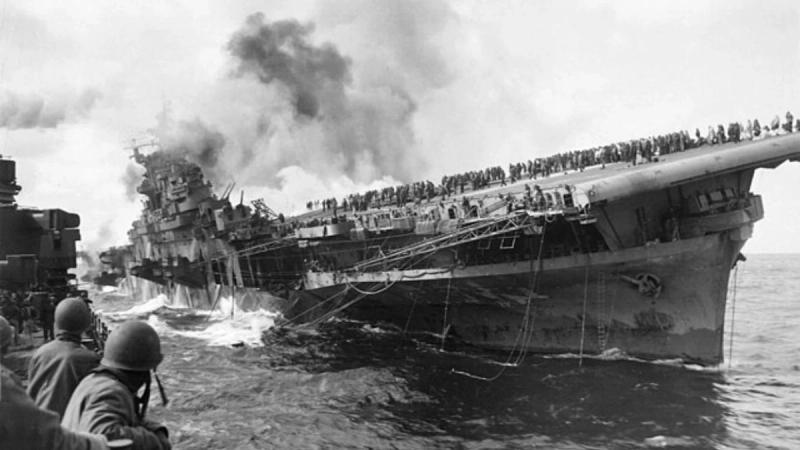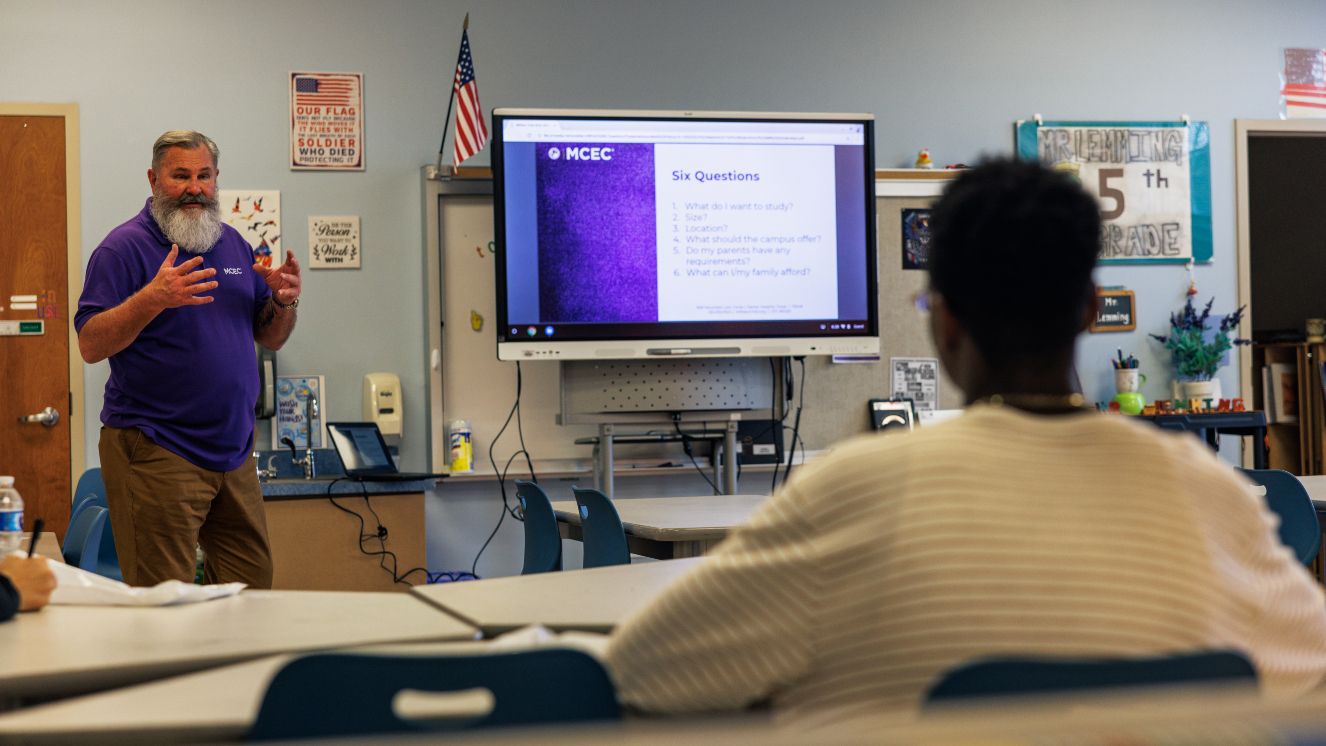WWI'S IMPACT: FOUNDATIONS OF WWII UNVEILED
COMMENT
SHARE

Europe found itself faced with multiple complex political and militaristic alliances. The assassination of Archduke Franz Ferdinand was the final straw. World War 1, aka The Great War, was started and Europe descended into chaos. Soon enough, the world was at war. While it would come to an end, the world was not left in a better place—around 21 years later, World War II was here. While WW1 didn’t directly lead to WW2, it did have plenty of help in setting the stage. Here’s a deeper dive into the connecting events between the two wars that consumed the world.

Treaty of Versailles: Catalyst for WWII
There are a few conditions connected to WW1 that would help lead to WW2. From how The Great War ended to the rise of Adolf Hitler, here are some of the leading connected conditions that gave way to the worst war we’ve ever seen:
The Conditions of Peace
In more than one way, the action that took place during World War 1 would inspire complications that set up the next world war, including the terms of peace.
The Treaty of Versailles was a peace settlement that placed a lot of consequences on Germany, forcing the nation to concede its colonies overseas along with invaded territories in Belgium, Czechoslovakia, France, and Poland.
Not only did Germany have to give up land, it also had to demilitarize while its enemies, the Allied Forces, maintained a strong regional presence.
Germany got the blame, lost some of its land, lost much of its military, and was left with some hefty financial responsibilities in the aftermath.
Even though the Treaty of Versailles was a complex document, it helped lead to an unstable Europe after many nations, no more than Germany, were left feeling slighted by its terms and conditions.
Germany Received the Blame and Economic Hardships
After the destruction of WW1 combined with the harsh terms in the Treaty of Versailles, Germany was facing a lot of inflation and unemployment.
In total, Germany was held liable for $33 billion which decimated their economy.
Today, that would be more than $581 billion dollars, which is larger than the individual GDP of 187 countries.
Europe as a whole was facing inflation and with few solutions presenting themselves, it’s another factor that would see WW1 led to WW2 as a result of its aftermath.
Japanese Imperialism
With Japan's growing power, they invaded some territories in their nearby provinces, one significant invasion being with Manchuria.
Manchuria's invasion arguably marks the Second World War's first salvo. After a few years, the conflict escalated, bringing war between Japan and China.
During this conflict, Japanese forces committed a lot of gruesome acts against military prisoners and civilians. It was estimated that there were around 20 million Chinese people who died between 1937 and 1945.

Hitler Rises During Hard Times
Hitler became angry with the terms Germany was forced to accept, economic prospects were bad, and the opportunity was there for the taking.
After serving in WW1, Hitler rose to power through the Nazi Party, which brought together Germans who felt humiliated by the Treaty of Versailles and wanted to restore their nation.
Limiting Germany’s army while banning the use of submarines and an air force combined with the large reparations bill and unfavorable economy created listening ears for his nationalist ideas.
Hitler gained support for his idea to reunify German peoples while securing Lebensraum (living space) for the Aryan race.
From a fighter in WW1 to the man who began WW2, Hitler's actions threw the world into chaos unlike any other.
Economic Turmoil Post-WWI: Setting Stage for WWII
Plenty of events in history have been a domino effect of some other notable event; however, there are often so many variables, that it can be difficult to draw direct conclusions at times.
World War 2 happened due to some of the lingering factors associated with The Great War but it wasn’t the direct cause.
Many lessons can be learned from the dark past of the Second World War. It reminds us of the importance of diplomacy and the disastrous effects of dictatorship and militaristic activities. The war gave birth to the reexamination of international relations and paved the way for the creation of the United Nations. It also offered opportunities to the U.S. and the Soviet Union to become dominant global powers.
Aside from this, it also ushered in a new outlook to nations that this kind of war should always be stopped for innocent lives to be protected. With so many favorable conditions that allowed for one of history’s greatest villains to rise to power, WW1 causing WW2 through any capacity remains a captivating debate that changed the course of American history and the world.
Suggested reads:
Join the Conversation
BY BUDDY BLOUIN
Buddy Blouin is a Contributing Writer at VeteranLife.com
Buddy Blouin is a Contributing Writer at VeteranLife.com



